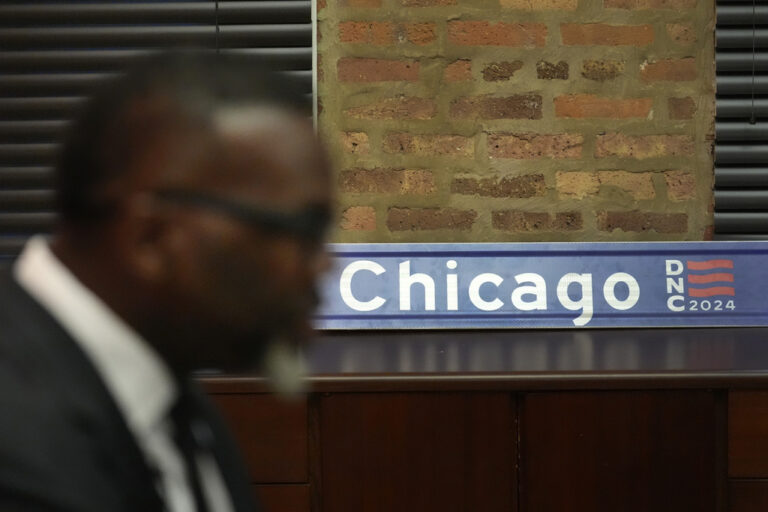
On Friday night, former President George H. W. Bush passed away at the age of 94. At the time of his death, H.W. Bush was the longest-lived president in American history. Elected to the presidency in 1988, Bush served only one term before being defeated by Bill Clinton in 1992. Prior to his election, he served as vice president to Ronald Reagan and became the first sitting vice president in 152 years to assume the presidency. He had a long and arduous political career, serving in many different roles, and accomplished a lot during his time in government. He presided over the end of the Cold War and the dismantling of the Berlin Wall, signed the now-defunct North American Free Trade Agreement, and launched the US into the First Gulf War. His legacy will long be remembered, especially since he leaves behind another former President in his son, George W. Bush, and a former Governor of Florida in another son, Jeb Bush.
Upon the announcement of his death, Republicans and Democrats alike came together to mourn him. Former President Obama and President Trump were among those who released long, poignant statements regarding his death, each highlighting a different aspect of his time in office. However, not all remember Bush so fondly. Failing to be re-elected, Bush wasn’t the most popular president at the time he exited office. His comprehensive success in foreign-policy failed to translate into his domestic affairs, and it eventually cost him the presidency. Like Trump, Bush succeeded in nominating a man accused of sexual harassment to the Supreme Court, where Clarence Thomas still sits to this day. He also grossly mishandled the AIDS crisis, ignoring the plight of those afflicted and allowing thousands to die. His life was a source of polarisation – but should his death be?
To many politicians, it’s not. Like Trump and Obama, they are honoring Bush by recounting their memories with him, sharing photos with him, and sending their condolences to the Bush family. But to others, his death has become another opportunity for them to express their displeasure with his actions as president and to condemn some of his moral stances. His death occurred on the eve of World AIDS Day, a phenomenon that has not gone unnoticed. The AIDS crisis peaked during Bush’s presidency, and his administration’s inaction caused thousands of unnecessary deaths — 76,856 known fatalities during his time in office, to be exact, with many more getting sick. Honoring a man whose legacy on AIDS is less than ideal on World AIDS Day has many feeling angry and uncomfortable, and they refuse to pay him any sort of tribute.
So, should death be a partisan issue? In my opinion, it’s all too easy to editorialize someone in death, to ignore all of their past mistakes and only remember the good parts. But, even in death, we should remember that nobody’s perfect and that some moments of greatness shouldn’t erase the legacy of suffering they left behind.
-Anissa Weisel



